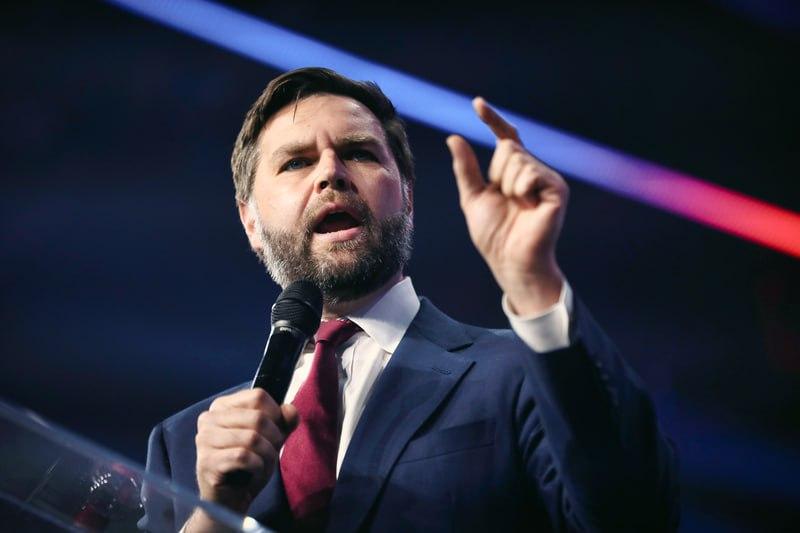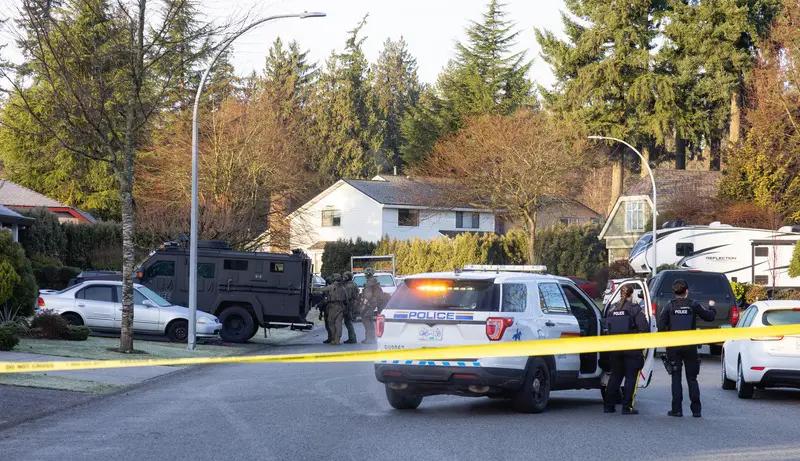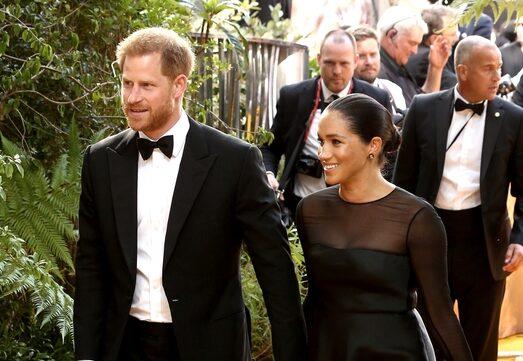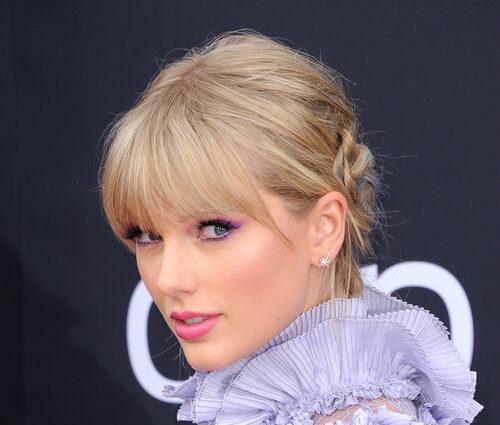Late-night television host Jimmy Kimmel delivered a sharp rebuke to Vice President JD Vance on September 17, 2025, challenging claims the vice president made while guest-hosting Charlie Kirk’s podcast following the conservative activist’s death.
During his Tuesday night monologue, Kimmel targeted Vance for statements made earlier that week. The vice president had claimed that “most of the lunatics in American politics today are proud members of the far left,” describing this as a statistical fact.
Kimmel dismissed Vance’s assertion, stating that by statistical fact, the vice president meant complete nonsense. The host pointed to Justice Department conclusions identifying the far right as the greatest source of domestic terror and extremist violence, though he noted this report had recently vanished from the department’s website.
The comedian then posed a pointed question to Vance about the January 6 Capitol attack, asking who wanted to harm the previous vice president. Kimmel questioned whether it was liberal leftists or supporters who stormed the Capitol that day, directly challenging Vance’s characterization of political extremism.
However, the confrontation between Kimmel and the Trump administration escalated dramatically beyond this initial exchange. On September 17, 2025, ABC announced it would suspend “Jimmy Kimmel Live!” indefinitely following government threats over separate comments about Kirk’s killing.
The suspension came after Kimmel made remarks on his Monday show suggesting that supporters were trying to score political points from Kirk’s death. Federal Communications Commission Chairman Brendan Carr publicly called for Kimmel’s removal, threatening to pull broadcast licenses of ABC affiliates if the comedian remained on air.
Nexstar Media Group, which operates ABC-affiliated stations nationwide, announced it would stop airing Kimmel’s program. The company’s president Andrew Alford described Kimmel’s comments as offensive and insensitive, stating they did not reflect community values and that continuing to provide the host a platform was not in the public interest.
President Donald Trump celebrated the suspension on September 18, 2025, posting on Truth Social that the decision represented great news for America. He described Kimmel as having zero talent and worse ratings than Stephen Colbert, congratulating ABC for having courage to take action.
Trump expanded his criticism to target other late-night hosts, specifically calling for NBC to remove Jimmy Fallon and Seth Meyers from their programs. He characterized both as total losers with horrible ratings, urging the network to follow ABC’s example.
The entertainment industry responded with solidarity for Kimmel. Jimmy Fallon addressed the situation on September 18, 2025, describing Kimmel as a decent, funny and loving person while expressing hope for his return. Fallon demonstrated support through a comedy segment where his anti-Trump jokes were dubbed over with positive comments about the president.
Seth Meyers made a defiant statement on September 18, 2025, declaring he would continue doing his show with enthusiasm and integrity. He emphasized the importance of free speech as a foundational principle, stating that the moment represented a significant test for democratic values.
The American Civil Liberties Union condemned the government’s actions through Christopher Anders, director of the Democracy and Technology Division. He characterized the Trump administration’s behavior as beyond McCarthyism, describing it as abuse of power to silence dissenting voices and control who can speak or joke publicly.
Legal experts noted the First Amendment explicitly protects against government censorship, making threats to broadcasters over speech content blatantly illegal. The government cannot threaten media companies to censor content or punish speakers regardless of their statements.
The controversy involves complex business considerations beyond entertainment content. Disney, ABC’s parent company, frequently seeks federal regulatory approval for business expansions and acquisitions. The Trump administration has opened multiple investigations into the company for potential antitrust, programming and hiring violations.
Industry consolidation has created fewer media conglomerates, giving the administration both concentrated targets and significant leverage over companies seeking favorable regulation or merger approvals. This dynamic affects decisions about content and programming beyond purely editorial considerations.
The situation represents what observers describe as an authoritarian consolidation effort, with comedy historically serving as an early indicator of societal pressure. The targeting of comedians follows patterns seen in other countries where governments have moved to restrict critical voices in entertainment and media.







